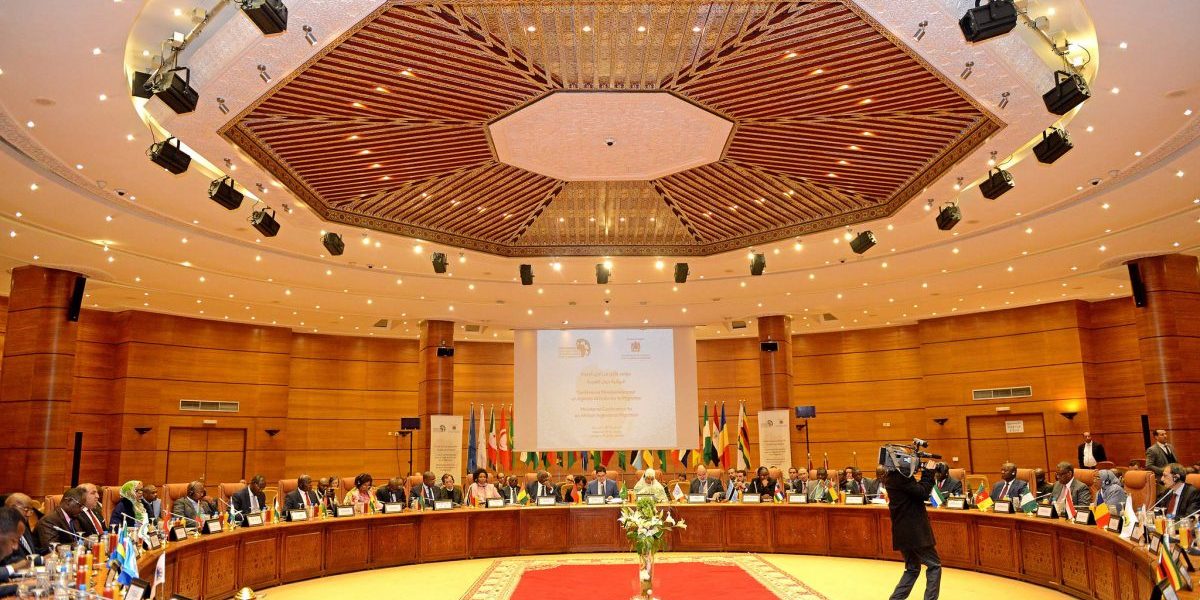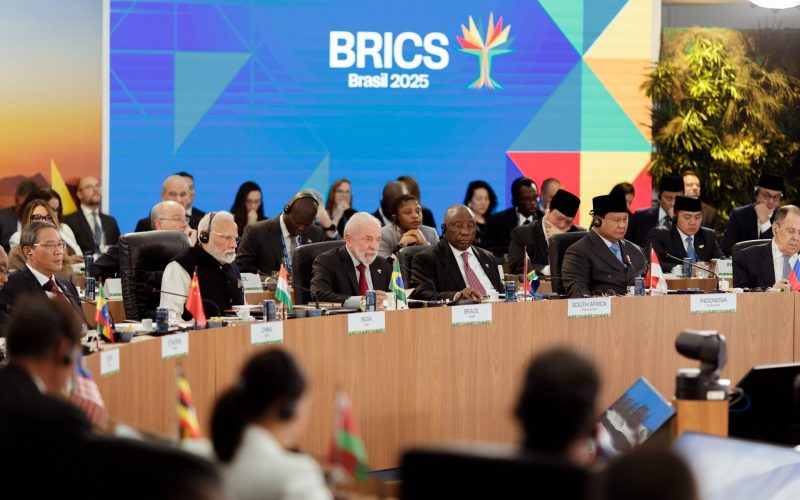In the Southern African Development Community (SADC) region, the service sector accounts for an increasing share of gross domestic product (GDP) and employment, but in many countries and subsectors, service firms are uncompetitive and inefficient when compared to their peers. Trade agreements can provide an external stimulus and some incentive for SADC member states to engage in services liberalisation. They may also be used to source additional expertise and resources to support domestic regulation and reform. The draft EU–SADC Economic Partnership Agreement (EPA) has the ability to take SADC countries forward in committing them to good practices and policies in a number of critical services subsectors. However, it is clearly driven by EU trade and regulatory interests. The draft SADC Protocol on Trade in Services is much less ambitious and, in its current form, is unlikely to stretch member states beyond their existing General Agreement on Trade in Services commitments. There is therefore some risk that the SADC Free Trade Agreement will be overtaken by the EPA; and that any impetus for change will come instead from an agreement crafted by Europe.
The paper begins with a review of the role of the service industry in the SADC economy, focusing on its GDP, employment, trade and investment. It identifies three major sectors for illustrative evaluation, namely transportation, financial and telecommunications services. The paper briefly considers the state of competition and regulation across SADC in these sectors. It looks at the proposed EPA and SADC services agreement and concludes with a discussion on the likely implications of these negotiations.








